Team 2
Lung inflammation and fibrogenesis
Coordinator : Pr Bruno CRESTANI (bruno.crestani@aphp.fr)
Our project is focused on elucidating the mechanisms involved in the development of lung fibrosis, and identifying new therapeutic targets. Our disease model is Idiopathic Pulmonary Fibrosis (IPF), a rare chronic fibrotic pulmonary disease of unknown etiology, which results in the progressive destruction of lung. Median survival after diagnosis is 3 years. Two drugs are currently available for the treatment of pulmonary fibrosis: pirfenidone, a small molecule which probable targets lung fibroblasts through multiple mechanisms, and nintedanib, an inhibitor of receptor associated tyrosine kinases and non-receptor associated tyrosine kinase.
According to the current paradigm, IPF results from progressive alterations of alveolar epithelial cells leading to the recruitment of mesenchymal cells to the alveolar regions of the lung with secondary deposition of extracellular matrix, and destruction of the normal lung structure and physiology. IPF develops in a susceptible individual and is promoted by interaction with environmental agents such as inhaled particles, tobacco smoke, inhaled pollutants, viral and bacterial agents. Genetic susceptibility is probably involved in a minority of cases and informs about the pathophysiology of the disease. Aging is probably both a susceptibility marker and a major driver of the disease, through mechanisms which are not yet fully elucidated. Unfortunately, lung cancer is a frequent comorbidity in IPF which alters the prognosis of the patient.
Our general aim is to better understand the pathophysiology of IPF to develop new therapeutic strategies. Thus, our research is focused on issues which we think are a potential source of innovation in this field:
1) Aberrant reactivation and integration of developmental signalling pathways in IPF.
The anarchic epithelial repair observed in IPF is accompanied by reactivation of signaling pathways involved in fetal lung development, including the Gli/hedgehog, WNT or Fibroblast Growth Factor (FGF)/FGFR pathways. Our research is focused on elucidating the mechanisms and the consequences of the reactivation of developmental signaling pathways as well as their aberrant transcriptional integrations during lung fibrosis. In particular, we study the molecular mechanisms regulating the altered phenotype of mesenchymal cells in pulmonary fibrosis.
2) What are the mechanisms involved in the increased prevalence of lung cancer in IPF and can we target this process specifically
Lung cancer is a frequent comorbidity in patients with IPF. The prognosis of patients with combined lung cancer and IPF is very poor, due to the evolution of cancer and to treatment complications. We propose that the remodeled lung architecture and altered mesenchymal cells in IPF could trigger the activation of specific oncogenic pathways in epithelial cells, promoting lung tumorigenesis in IPF patients. IPF-associated lung carcinoma may represent a specific entity with certain molecular alterations or signaling pathways being particularly triggered in the multifaceted IPF remodeled cellular “ecosystem”.
3) How to identify new genetic susceptibility pathways in IPF?
Familial Pulmonary Fibrosis (FPF) is defined by the occurrence of pulmonary fibrosis in ≥2 patients in one family. Almost 10% of adult patients with IPF have at least one family member with pulmonary fibrosis and fit with the definition of FPF. Germline mutations have been identified in genes involved in two distinct pathways: telomere length maintenance and surfactant metabolism. Altogether, these genes likely account for only 30% of all FPF. Thus, today, 70% of FPF remain unexplained. Through a coordinated effort involving a French and European network of pneumologists with a specific expertise in interstitial lung diseases (children and adults), we set up a growing cohort of patients with FPF.A local cohort of sporadic cases of pulmonary fibrosis (mostly IPF) allows us to characterize the contribution of the genes implicated in FPF to apparently sporadic IPF.
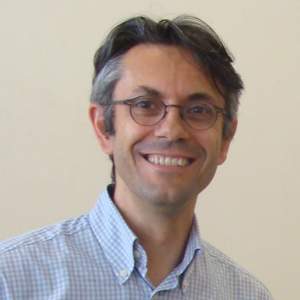
Bruno CRESTANI (PU-EX)
33 (1) 40 25 68 00
Contacter
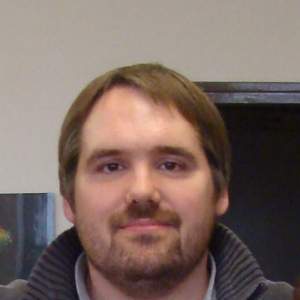
Arnaud MAILLEUX (CR1 Inserm)
33 (1) 57 27 75 84
Contacter
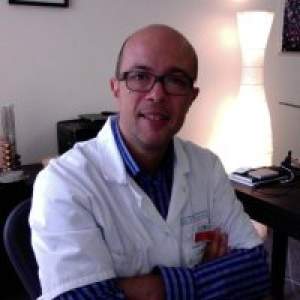
Philippe DIEUDE (PU-PH1)
Contacter

Aurélie CAZES (MCU-PH)
Contacter

Caroline KANNEGIESER (MCU-PH)
Contacter
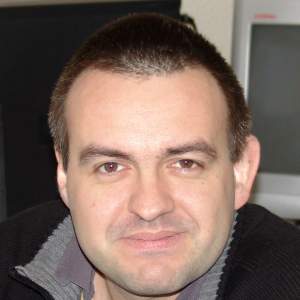
Christophe QUESNEL (MCU-PH)
Contacter
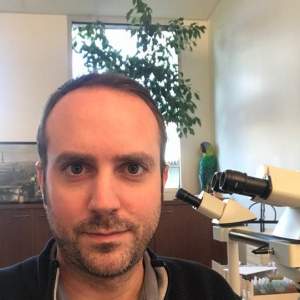
Nicolas POTE (MCU-PH)
Contacter

Sabine MIGNOT (PH)
Contacter
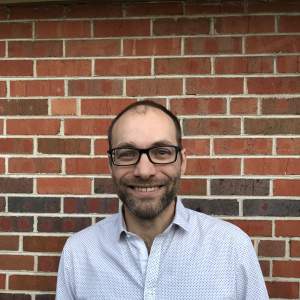
Raphaël BORIE (PH)
Contacter
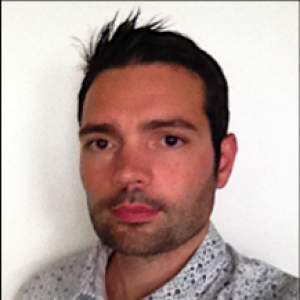
Marc GARNIER (PH)
Contacter
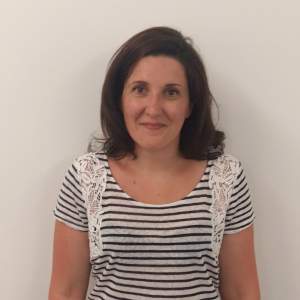
Madeleine JAILLET (AI, Université Paris Cité)
33 (1) 57 27 75 99
Contacter

Marine HUSSON (AI CDD Inserm)
33 (1) 57 27 75 41
Contacter

Aurélie VADEL (AI CDD Inserm)
33 (1) 57 27 75 41
Contacter
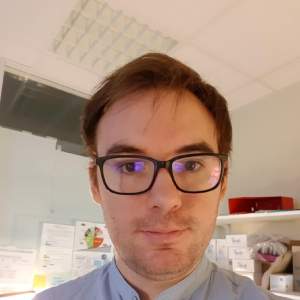
Aurélien JUSTET (Doctorant)
33 (1) 57 27 75 41
Contacter
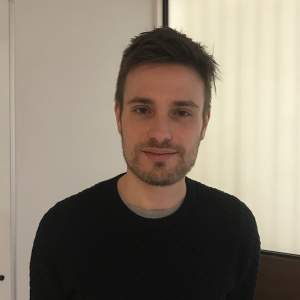
Pierre ANTOINE JUGE (Doctorant)
Contacter

Brahima BA (Doctorant)
Contacter

Meline HOMPS (Doctorant)
00 33 (1) 57 27 75 41
Contacter

Mouna HACHEM (étudiante en M2)
33 (1) 57 27 75 94
Contacter

Lou DENEUVILLE (étudiante en M2)
33 (1) 57 27 75 94
Contacter

Ahn-Dao PHAN (étudiante en M2)
33 (1) 57 27 75 94
Contacter

Fabienne LOUIS-SIDNEY (étudiante en M2)
Contacter